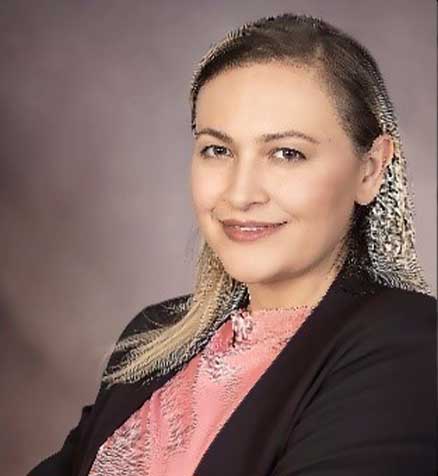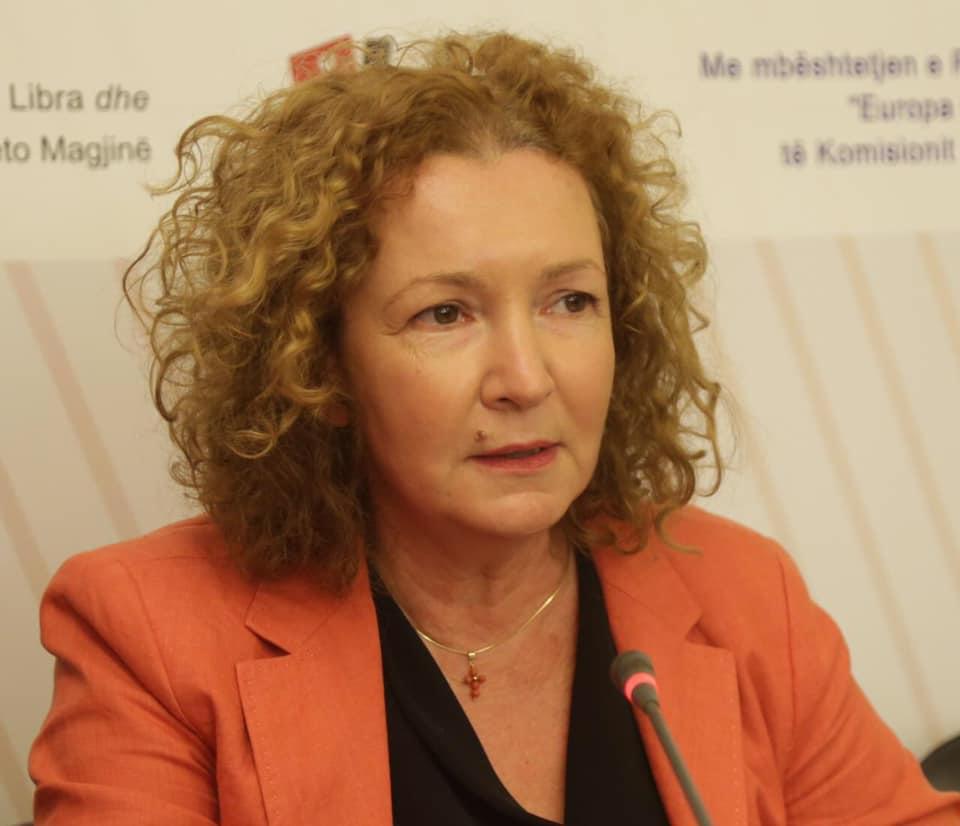Serbian National Minority
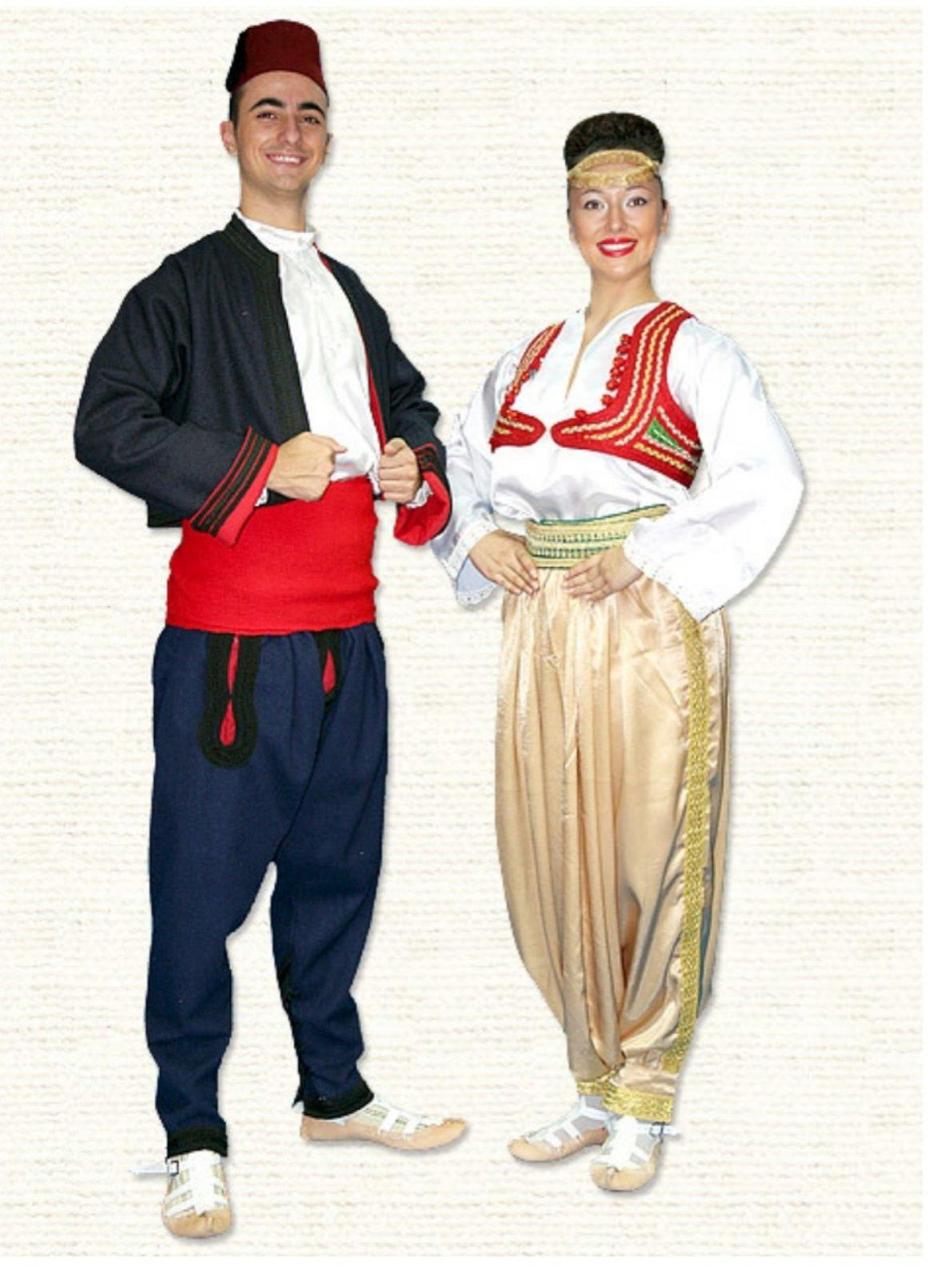
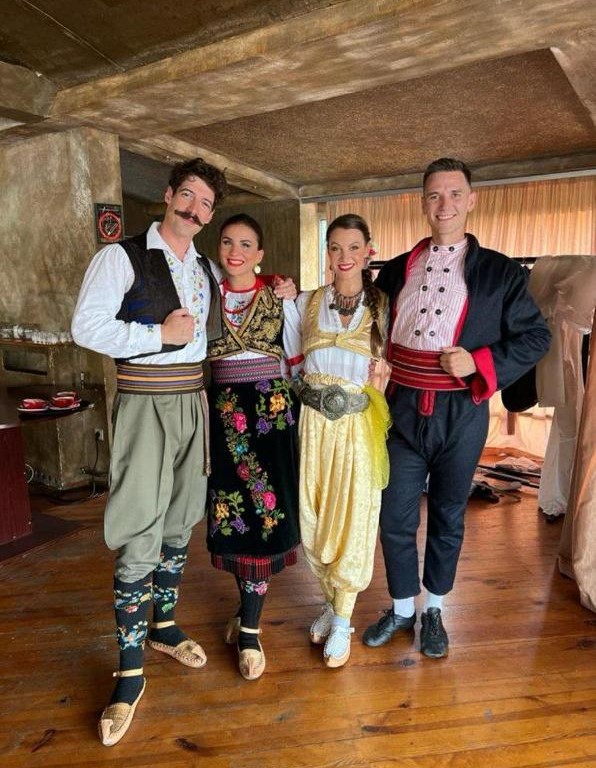
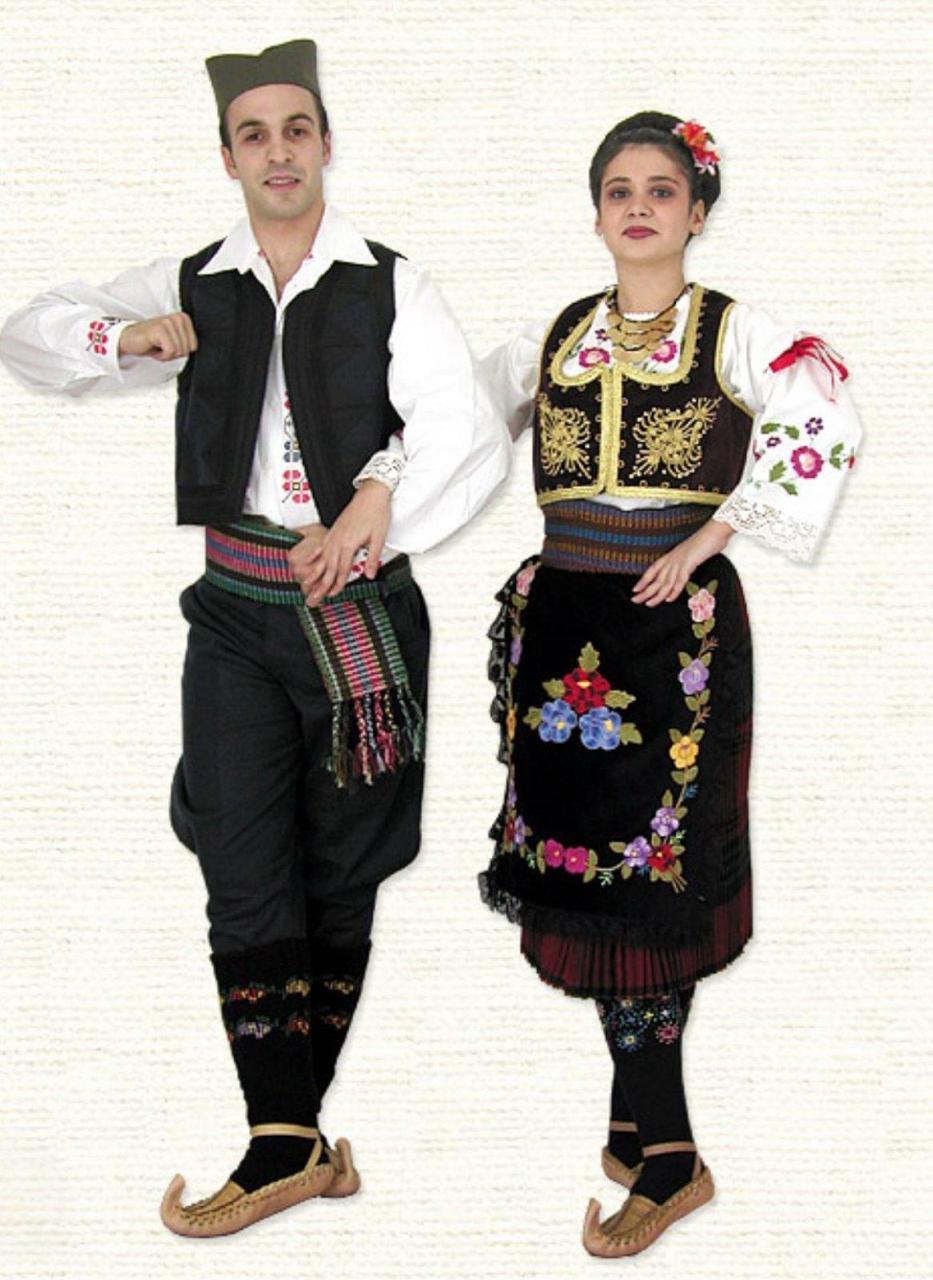
The Serbian minority in Albania is a part
of the rich cultural and historical heritage of the country, with deep roots in Albanian lands since the early Middle Ages. Mainly settled in northern Albania, in the areas of Shkodër, Koplik, the Gruemirë municipality, in the villages of Vrakë, Omaraj, Gril, Boriç i Madh, Boriç i Vogël, in Kamicë, Shtoj i Vjetër, Shtoj i Ri, Dobraç, Golem, Mushan, Bushat, etc., as well as spread in other cities like Lezhë, Tirana, Korçë, Elbasan, Fier, in the villages of Rreth-Libofshë and Hamil, etc., this minority has coexisted for decades with other communities in a spirit of cooperation, peace, and interfaith and intercultural understanding.
Integration
During difficult historical periods, the Serbian minority experienced a series of challenges related to national identity, language, names, and religious practice. However, the preservation of Serbian culture, language, and traditional customs, as well as efforts to maintain their identity in the face of pressures, stand as a testament to admirable resilience and vitality.
The Serbian community in Albania continues to be an example of preserving identity while integrating into Albanian society. The peaceful coexistence between Albanians and Serbs in some of the historically most sensitive areas is a strong testament to the possibility of building a shared European future based on respect, equality, and cultural diversity.
Harmony
This minority represents an important asset in Albania’s ethnic mosaic and serves as a bridge for cooperation with neighboring countries in the region. Promoting a more inclusive environment that respects and advances their rights would strengthen not only internal harmony but also Albania’s image as a country that upholds international human rights standards.
Minorities
Natioetare
Serbe
The Serbian minority in Albania is a part
of the rich cultural and historical heritage of the country, with deep roots in Albanian lands since the early Middle Ages. Mainly settled in northern Albania, in the areas of Shkodër, Koplik, the Gruemirë municipality, in the villages of Vrakë, Omaraj, Gril, Boriç i Madh, Boriç i Vogël, in Kamicë, Shtoj i Vjetër, Shtoj i Ri, Dobraç, Golem, Mushan, Bushat, etc., as well as spread in other cities like Lezhë, Tirana, Korçë, Elbasan, Fier, in the villages of Rreth-Libofshë and Hamil, etc., this minority has coexisted for decades with other communities in a spirit of cooperation, peace, and interfaith and intercultural understanding.
Integration
During difficult historical periods, the Serbian minority experienced a series of challenges related to national identity, language, names, and religious practice. However, the preservation of Serbian culture, language, and traditional customs, as well as efforts to maintain their identity in the face of pressures, stand as a testament to admirable resilience and vitality.
The Serbian community in Albania continues to be an example of preserving identity while integrating into Albanian society. The peaceful coexistence between Albanians and Serbs in some of the historically most sensitive areas is a strong testament to the possibility of building a shared European future based on respect, equality, and cultural diversity.
Harmony
This minority represents an important asset in Albania’s ethnic mosaic and serves as a bridge for cooperation with neighboring countries in the region. Promoting a more inclusive environment that respects and advances their rights would strengthen not only internal harmony but also Albania’s image as a country that upholds international human rights standards.








